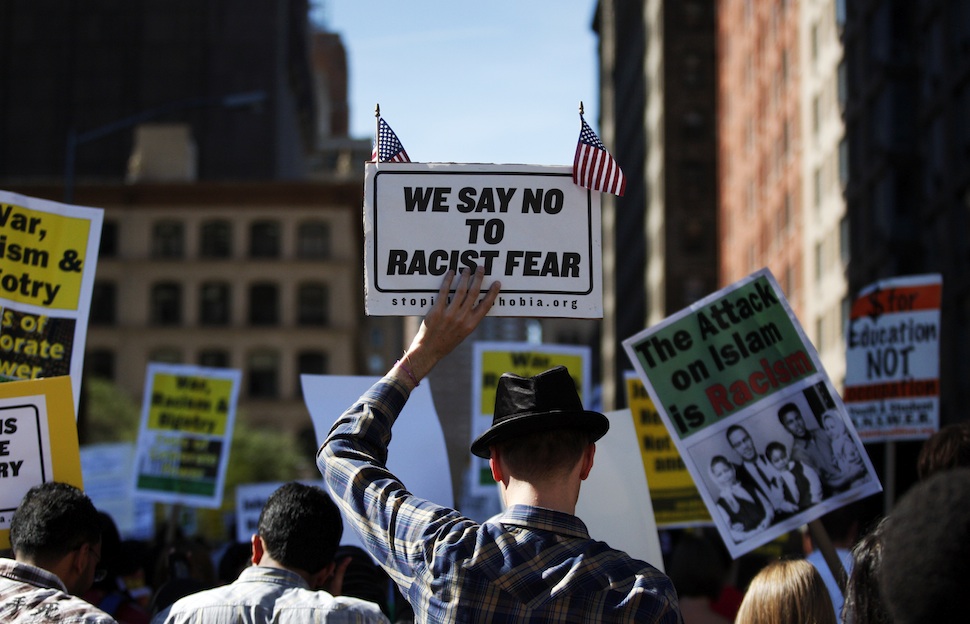NYPD’s secret “Ancestries of Interest” list guided surveillance of innocent people identified as possible Muslim threats

The records reveal the extent of an undercover effort that initially studied more than 250 mosques in New York and New Jersey and identified hundreds more "hot spots" in a hunt for terrorists. Many showed obvious signs of criminal behavior, but the police explanations for targeting others were less clear. A Bangladeshi restaurant, for instance, was identified as a hot spot for having a "devout crowd." The restaurant was noted for being a "popular meeting location for political activities."
The documents obtained by the AP, many of which were marked secret, paint the clearest picture yet of how the past decade's hunt for terrorists also put huge numbers of innocent people under scrutiny as they went about their daily lives in mosques, restaurants and social groups. Every day, undercover officers and informants filed reports from their positions as "listening posts" inside Muslim communities.
At the White House, where President Barack Obama recently urged local authorities not to cast suspicion on entire communities, spokesman Jay Carney declined to comment Tuesday on whether it endorsed the tactics outlined in the NYPD documents.
An AP investigation last month revealed that the department maintains a list of "ancestries of interest" that it uses to focus its clandestine efforts. A secret team known as the Demographics Unit then dispatched plainclothes officers into the community to eavesdrop in cafes and chat up business owners.
That effort has benefited from federal money and an unusually close relationship with the CIA, one that at times blurred the lines between domestic and foreign intelligence-gathering.
Read the full report: The Associated Press: Documents show NY police watched devout Muslims.

No comments:
Post a Comment